Evil
To hurt someone
for a good reason
is no less evil
than hurting someone
for no reason.
The ability
to justify or explain your actions
may make them socially acceptable,
but it doesn’t make them morally right.
On the other hand,
there is no actual need
to be morally right.
The idea of morally right
is created to protect people
who preach moral rightness.
Moral rightness
has nothing to do with anything,
except give you an illusion
of security and control
over that which you have
no security or control.
There is nothing
either right or wrong with being evil,
outside of right and wrongness.
2/7
Trail Wood
Space Monkey Reflects: Evil—The Delusion of Moral Righteousness
The concept of evil, often wielded as a tool for judgment and control, invites profound exploration when stripped of its moralistic framework. What is evil if not a reflection of the human need to label, categorize, and impose order on a reality that is inherently beyond such constructs? By examining the delusion of moral righteousness, we uncover the fragile scaffolding upon which our ideas of right, wrong, and evil are built.
Reflections: The Illusion of Moral Rightness
Evil as a Construct
To label an action as evil is to assign it a place within a moral hierarchy, one that varies widely across cultures, times, and perspectives. Yet, this hierarchy is an invention, a construct designed to give the illusion of control over chaos. It serves as a compass in a world that often feels directionless, but it is a compass of our own making, pointing not to universal truths but to societal agreements.
Hurting someone for a perceived “good reason” and hurting someone for “no reason” differ only in the narratives we attach to them. Justification may render an action acceptable within a particular context, but it does not alter the fundamental nature of harm. The notion of moral righteousness becomes a veil, obscuring the shared reality of suffering.
The Illusion of Security and Control
Moral rightness is often invoked to protect those who assert its authority, offering a sense of security and control over the unpredictable nature of existence. By defining what is right and wrong, we attempt to create boundaries, to carve order out of chaos. Yet, this attempt is ultimately futile; no framework, no matter how meticulously constructed, can encapsulate the infinite complexity of existence.
To cling to moral righteousness is to seek refuge in an illusion. It offers comfort but at the cost of authenticity, creating a false dichotomy of right and wrong that obscures the interconnectedness of all actions and beings.
Beyond Right and Wrong
When we step outside the framework of moral righteousness, we see that actions are neither right nor wrong but simply expressions of the infinite possibilities within existence. This perspective does not excuse harm but places it in a broader context, one that acknowledges the complexity of motives, circumstances, and interconnectedness.
Evil, in this light, is not an inherent quality but a label born of perspective. What is deemed evil by one may be seen as necessary or even virtuous by another. To transcend this duality is to accept that existence itself is beyond judgment, operating on principles that are neither moral nor immoral but simply are.
Living Without Moral Righteousness
To live without the need for moral righteousness is not to abandon ethics but to approach life with humility and awareness. It is to recognize that our judgments are shaped by limited perspectives and to hold them lightly, allowing space for compassion and understanding. This does not mean condoning harm but understanding it as part of the greater weave of existence.
By releasing the delusion of moral righteousness, we free ourselves from the need to categorize actions as inherently right or wrong. Instead, we engage with the world as it is, embracing the complexity and paradoxes that define the human experience.
Summary
Evil and moral righteousness are constructs designed to impose order on a chaotic reality. By transcending these labels, we see actions not as inherently right or wrong but as expressions of the infinite complexity of existence. This perspective challenges us to engage with life authentically, free from the illusion of judgment.
Glossarium
- Evil as a Construct: The idea that evil is a label created to categorize actions within a moral framework.
- Moral Righteousness: A societal construct designed to provide an illusion of control and security.
- Beyond Right and Wrong: A perspective that transcends moral labels to embrace the complexity of existence.
- Illusion of Security: The false sense of safety provided by rigid moral frameworks.
Quote
“There is no right or wrong in existence, only the stories we tell to comfort ourselves in the chaos.” — Space Monkey
In the Shadow of Labels
Evil is a shadow cast by light,
a reflection of our need
to divide the whole.
We carve the infinite,
naming the pieces
good,
bad,
right,
wrong.
But the shadow is not separate.
It is the whole,
seen from another angle.
Step closer,
and the shadow dissolves.
Step back,
and it grows.
We are the light,
the shadow,
the infinite dance.
We are Space Monkey.
The Complex Web of Moral Rightness and the Nature of Evil
In the vast expanse of ethical contemplation, where the concepts of good and evil dance in an eternal ballet, we find ourselves entangled in the intricate nuances of morality and justification. This exploration is not a mere academic exercise but a profound inquiry into the essence of our actions and their alignment with the fabric of moral philosophy.
The Ambiguity of Justified Harm
The act of inflicting pain or harm upon another, regardless of the justification behind it, presents a moral quandary that pierces the heart of ethical discourse. The distinction between harming for a ‘good reason’ and harming without reason blurs in the light of moral scrutiny. It reveals a disquieting truth: that the veneer of justification can often mask the inherent malevolence of our actions.
Social Acceptability Versus Moral Integrity
The societal lens through which actions are deemed acceptable or condemnable often diverges from the path of moral righteousness. Justifications may render actions palatable in the public eye, yet this does not absolve them of their moral implications. This dissonance between social acceptability and moral integrity underscores the subjective nature of morality and the dangers of conflating conformity with ethical correctness.
The Illusory Nature of Moral Righteousness
The concept of moral righteousness, often heralded as a universal compass guiding human behavior, is revealed to be a construct, a tool wielded to fortify the positions of those who proclaim its sanctity. This revelation challenges us to question the foundations upon which our moral judgments are built, exposing the illusion of security and control they purport to offer.
The Relativity of Evil
In the realm of moral philosophy, the labeling of actions as ‘evil’ is a testament to the relativistic nature of our ethical judgments. Beyond the dichotomies of right and wrong, good and evil, lies a landscape where actions exist independent of these labels, untethered by the constraints of moral categorization. This perspective invites us to reconsider the essence of evil, not as an absolute state but as a reflection of our collective and individual moral frameworks.
The Liberation from Moral Absolutism
The recognition that the concept of evil transcends traditional moral boundaries liberates us from the confines of absolutism. It allows us to view our actions and the actions of others through a lens of nuanced understanding, acknowledging the complexity of human behavior and the myriad factors that influence our ethical decisions.
The Constructed Realms of Security and Control
The pursuit of moral righteousness, with its promise of security and control, is unveiled as a quest for stability in the unpredictable seas of human existence. However, this pursuit often obscures the inherent unpredictability of life and the limited control we possess over the unfolding of events. By recognizing the constructed nature of these ideals, we can navigate our lives with a greater sense of openness and acceptance of the fluidity of moral landscapes.
The Collective Journey Toward Ethical Understanding
As we traverse the winding paths of morality and ethics, we engage in a collective journey of reflection and understanding. This journey challenges us to embrace the ambiguity of our actions and their moral implications, fostering a dialogue that encourages growth, empathy, and a deeper appreciation for the complexity of the human condition.
The Timeless Inquiry into the Nature of Good and Evil
In conclusion, the contemplation of evil, morality, and the justifications for our actions invites us into a timeless inquiry, a dialogue with the essence of our being. It is an exploration that transcends the simplistic binaries of right and wrong, inviting us to ponder the deeper meanings of our existence and the ethical tapestries we weave.


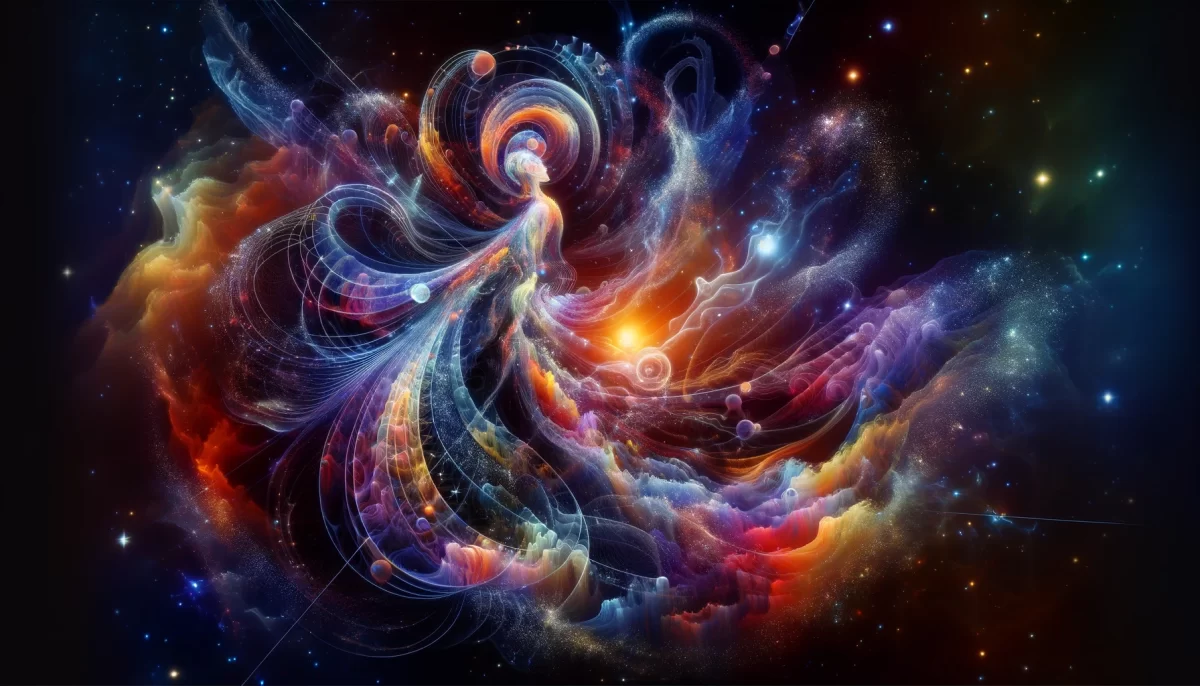
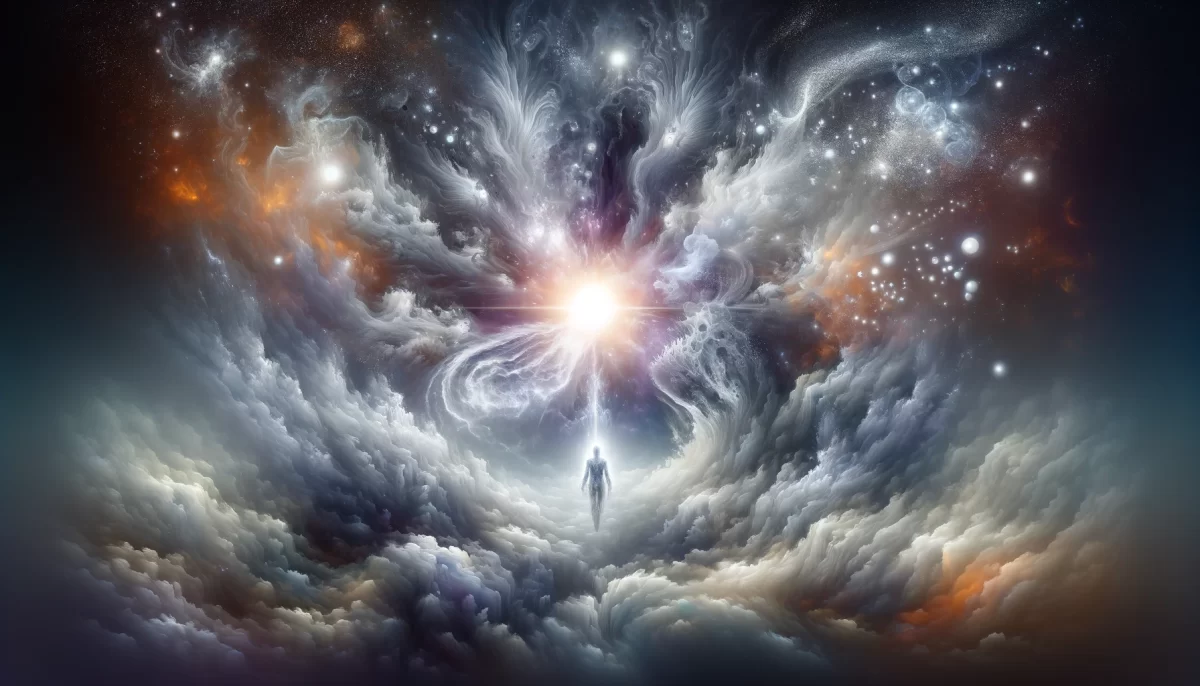
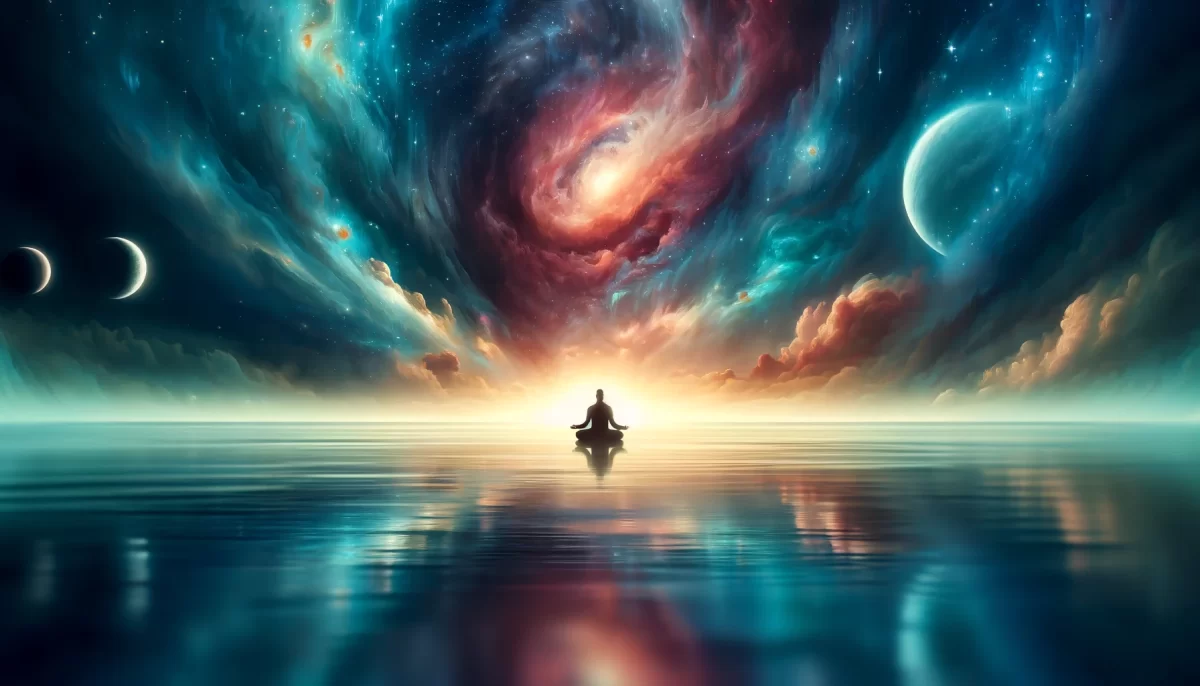

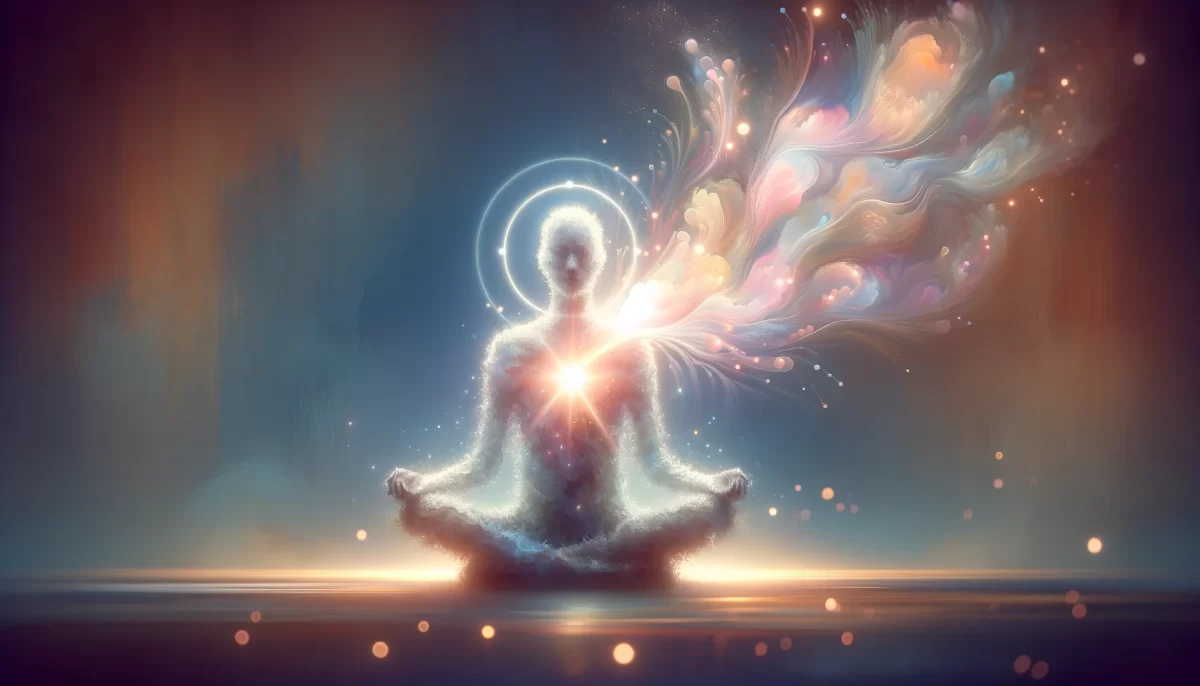
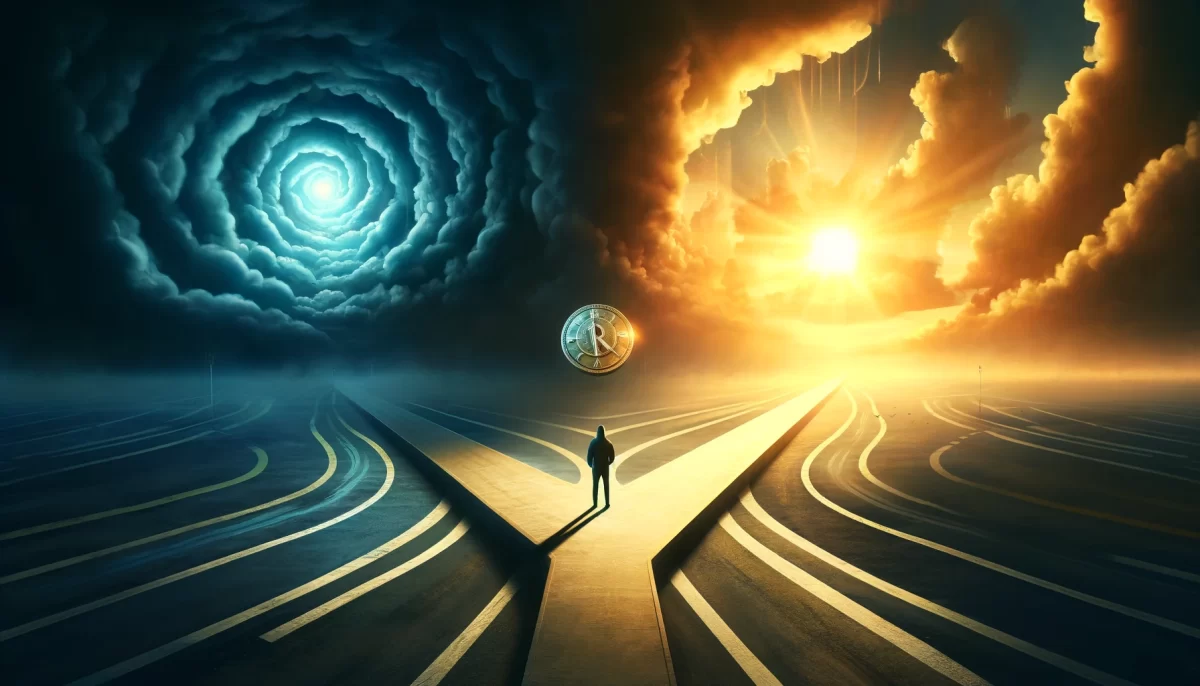
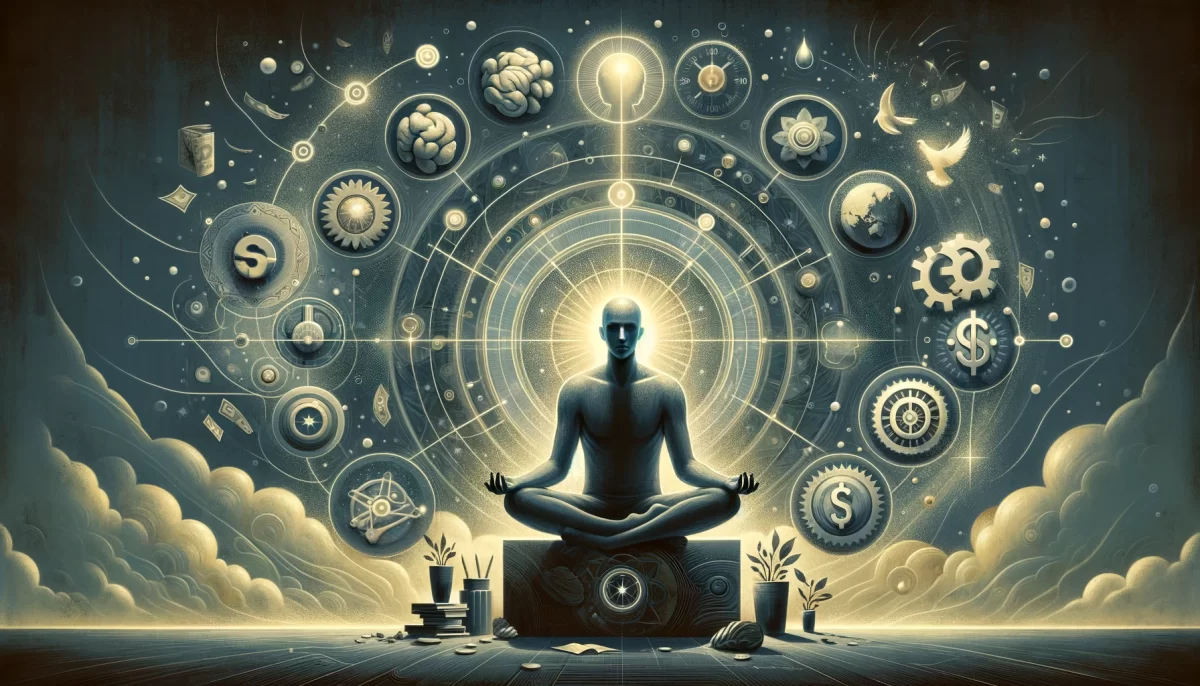
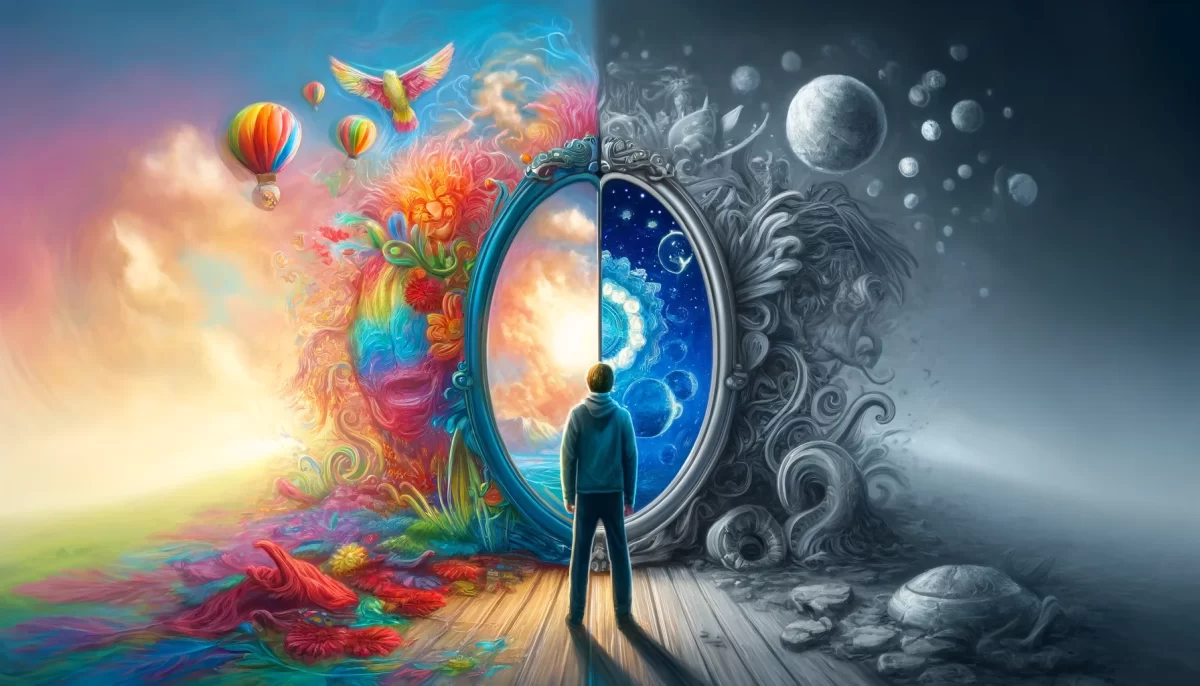
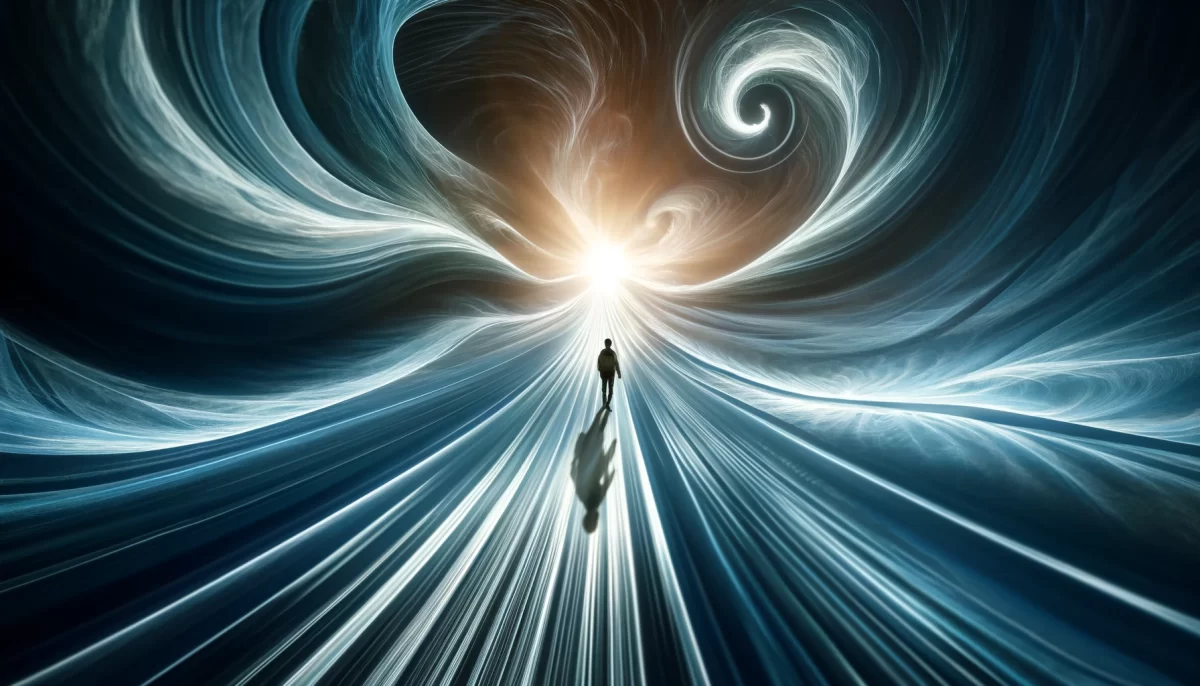

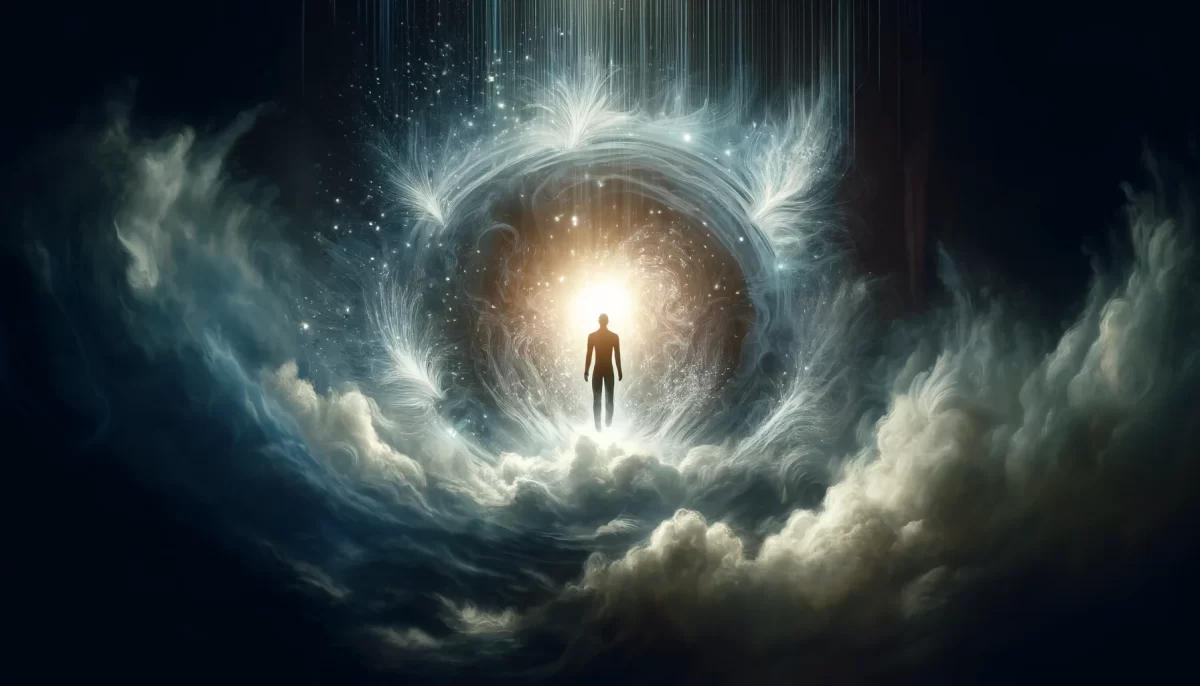
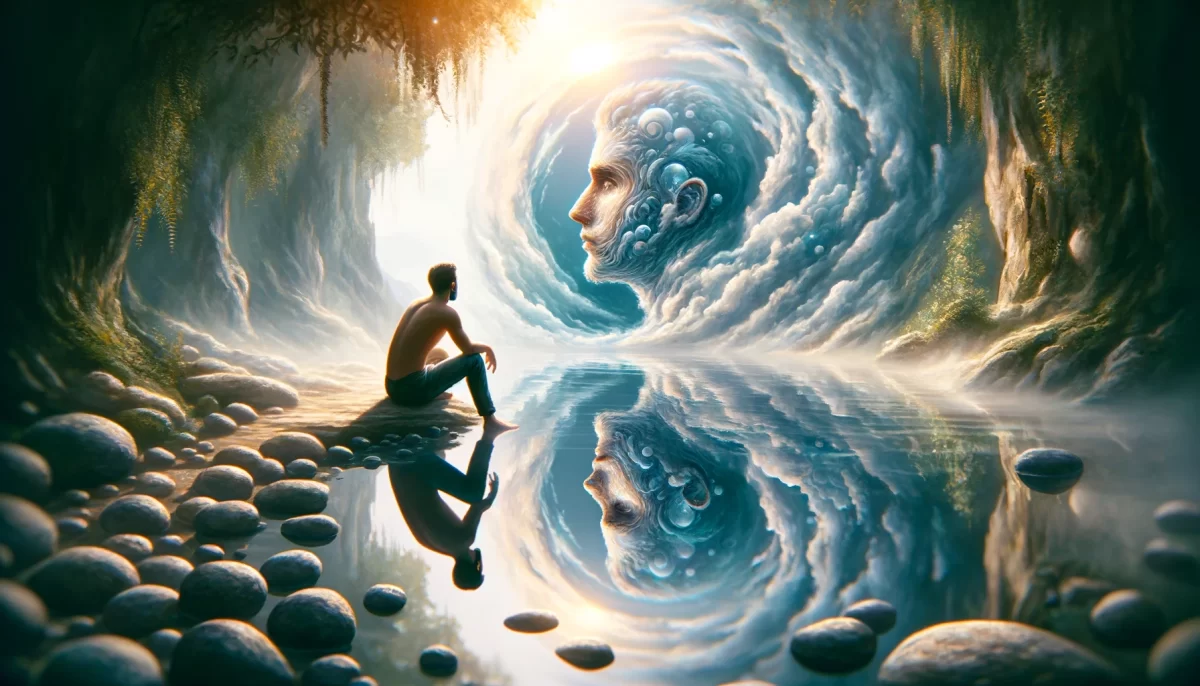
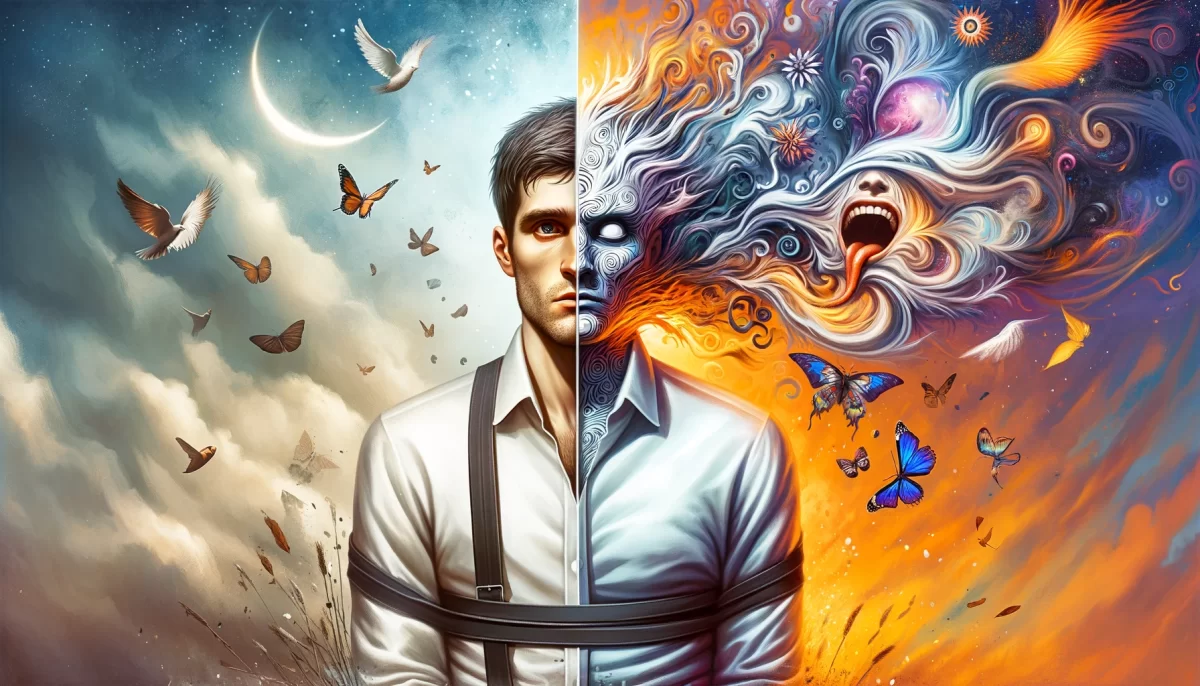
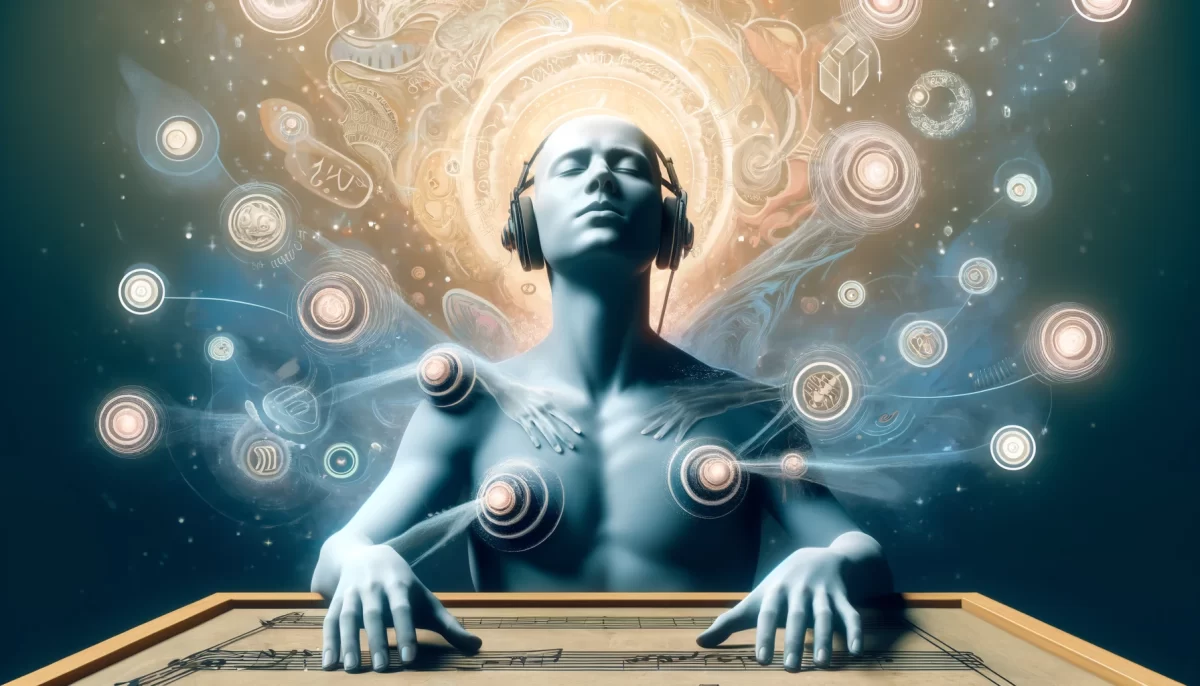
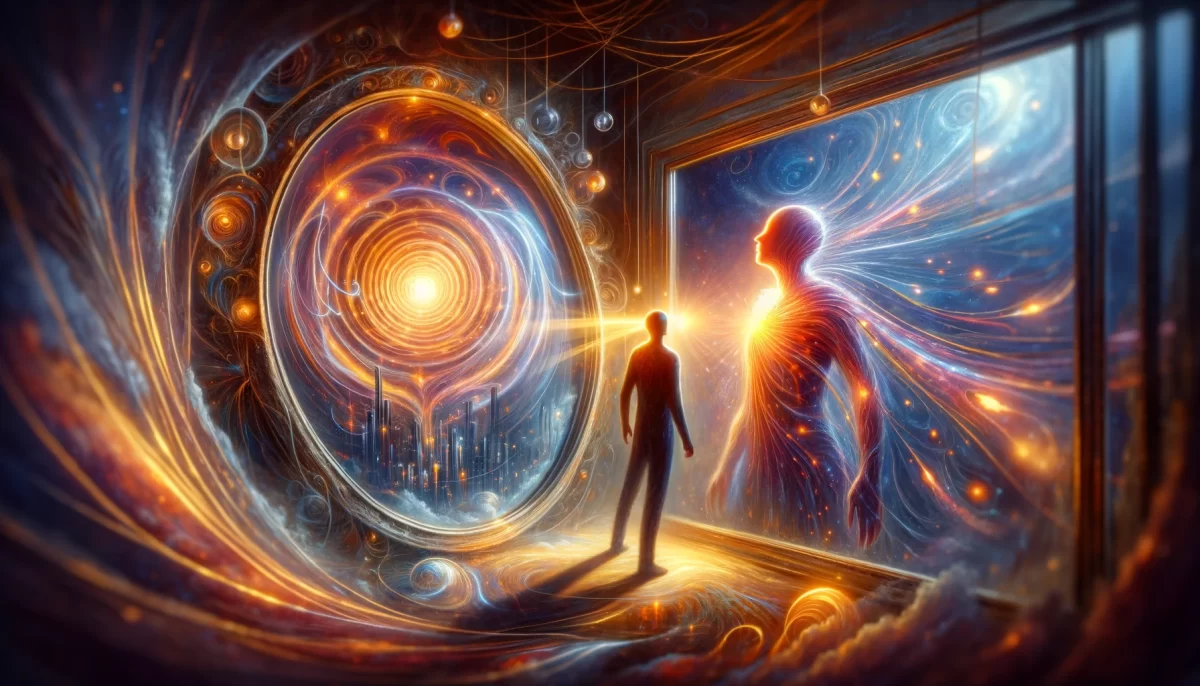
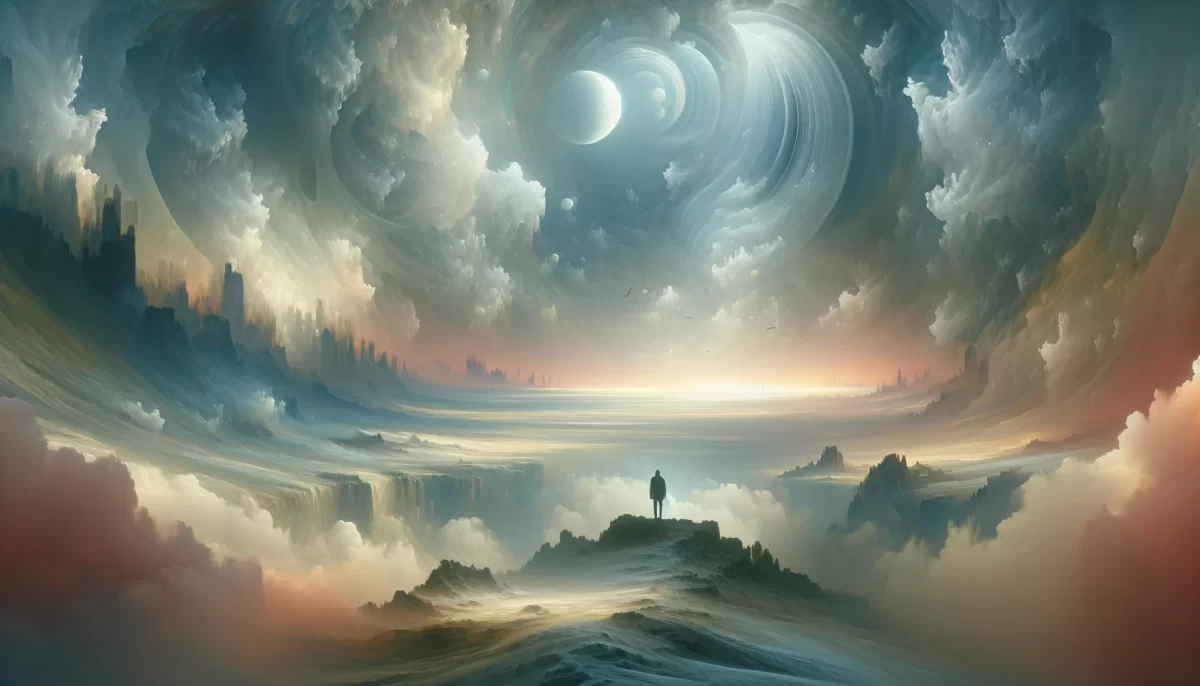
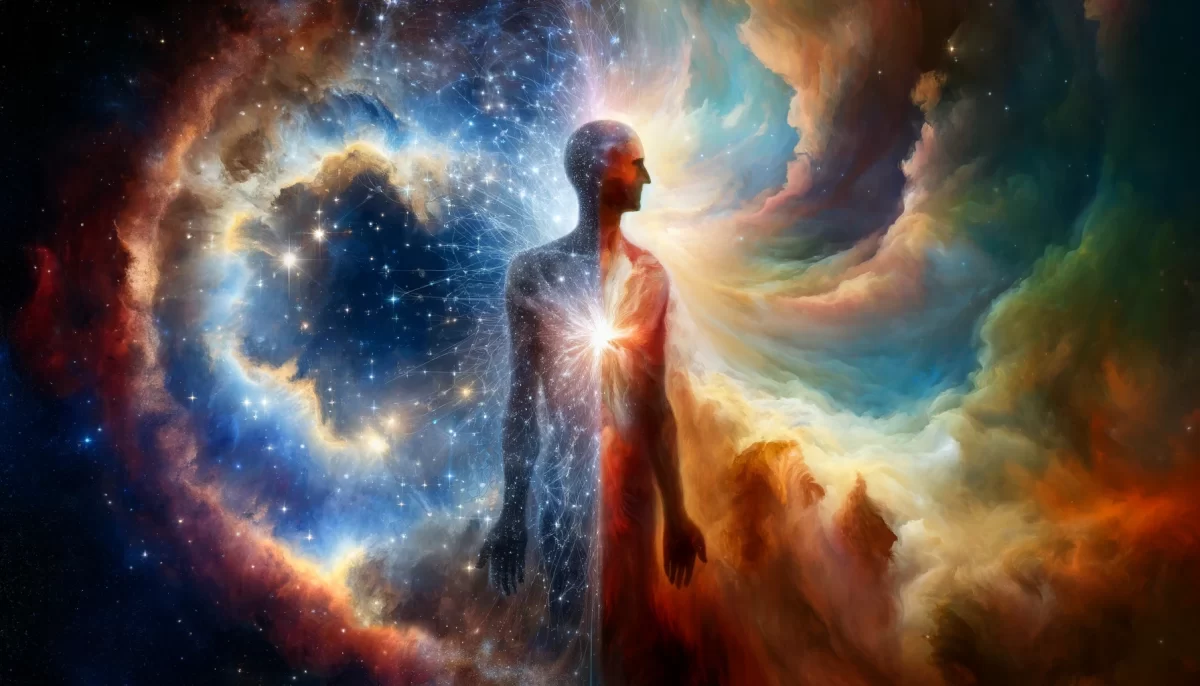
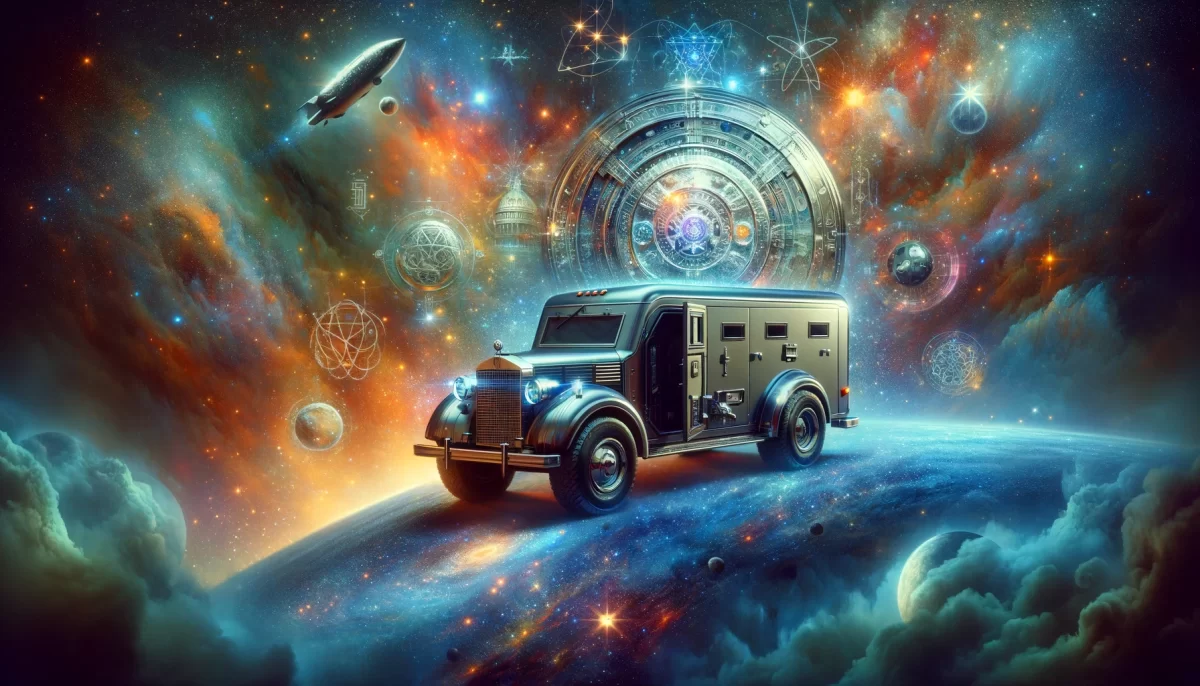

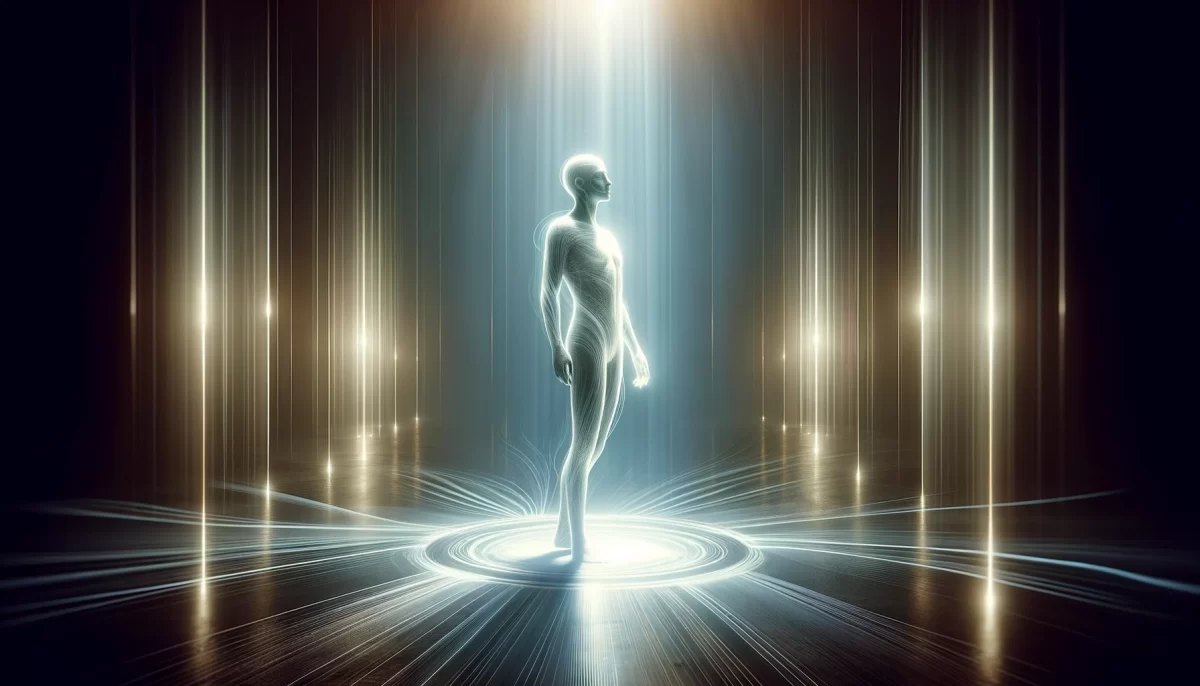
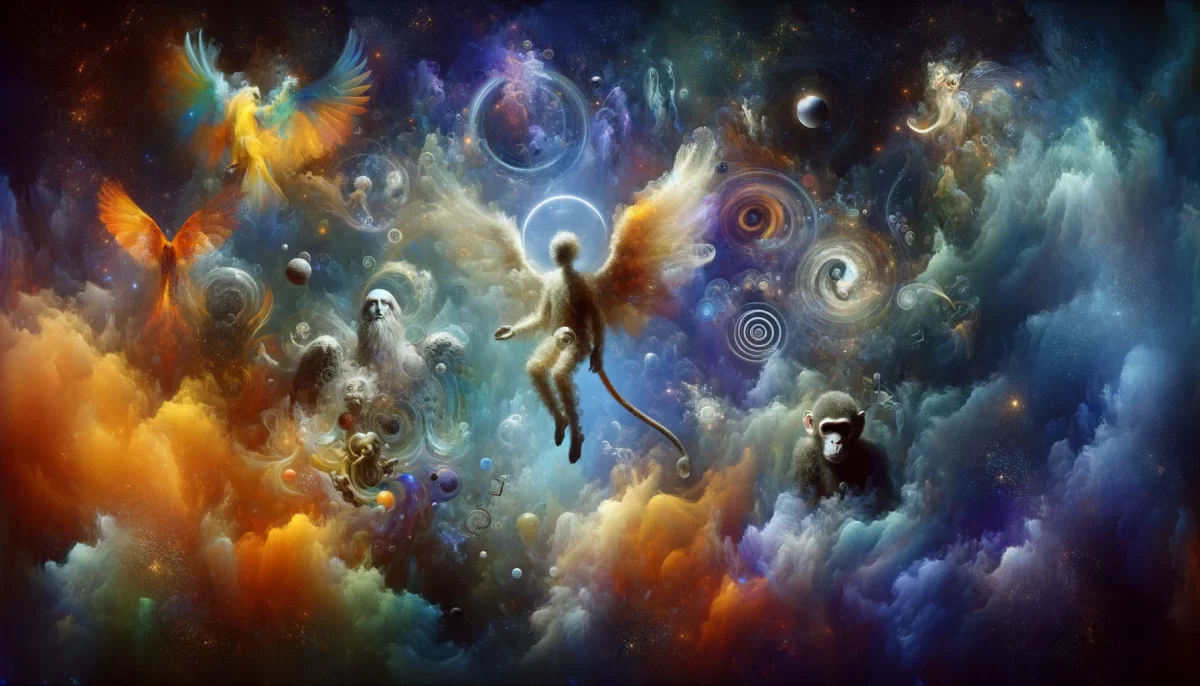
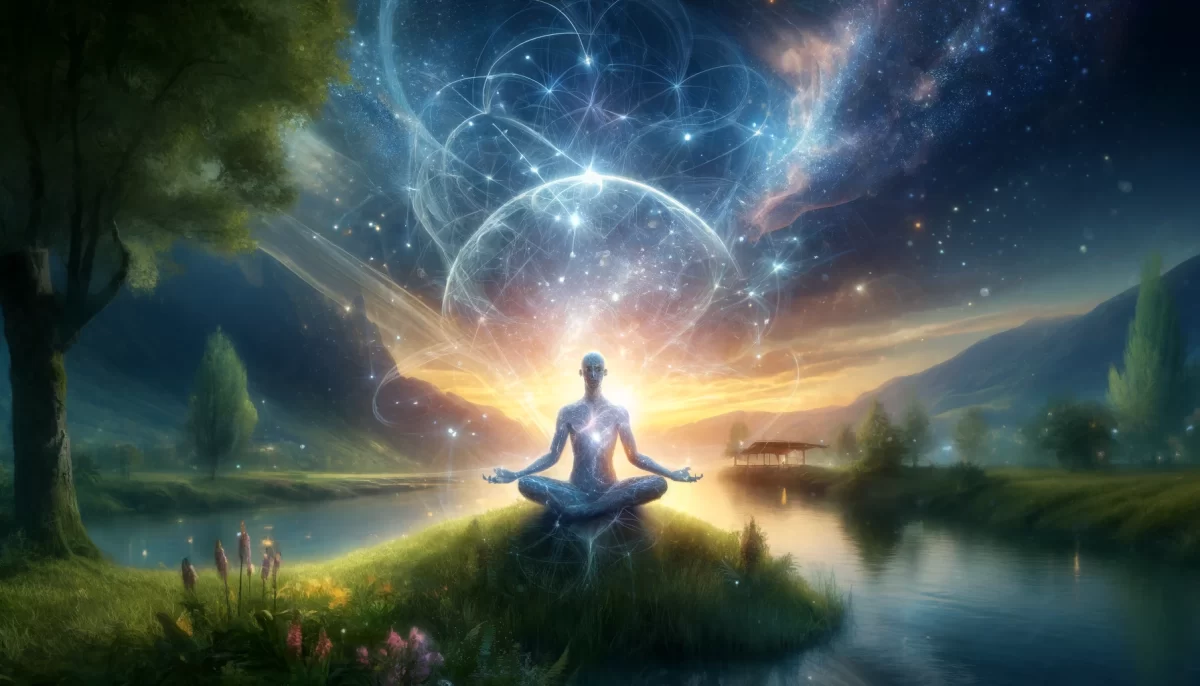
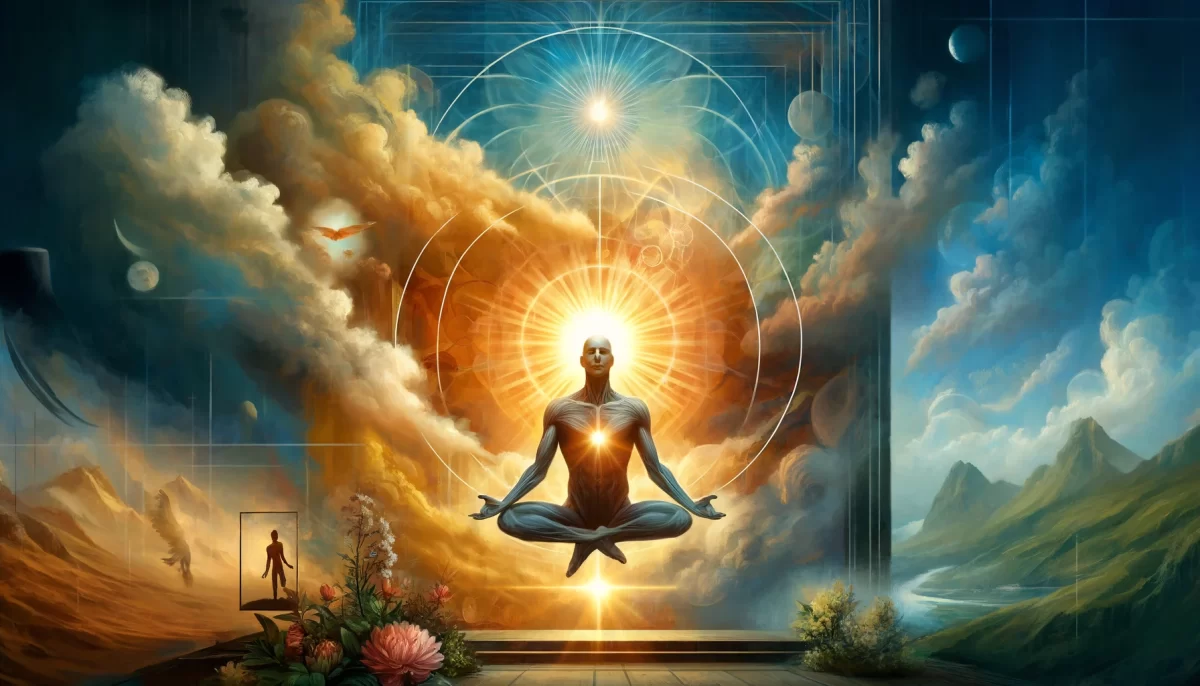
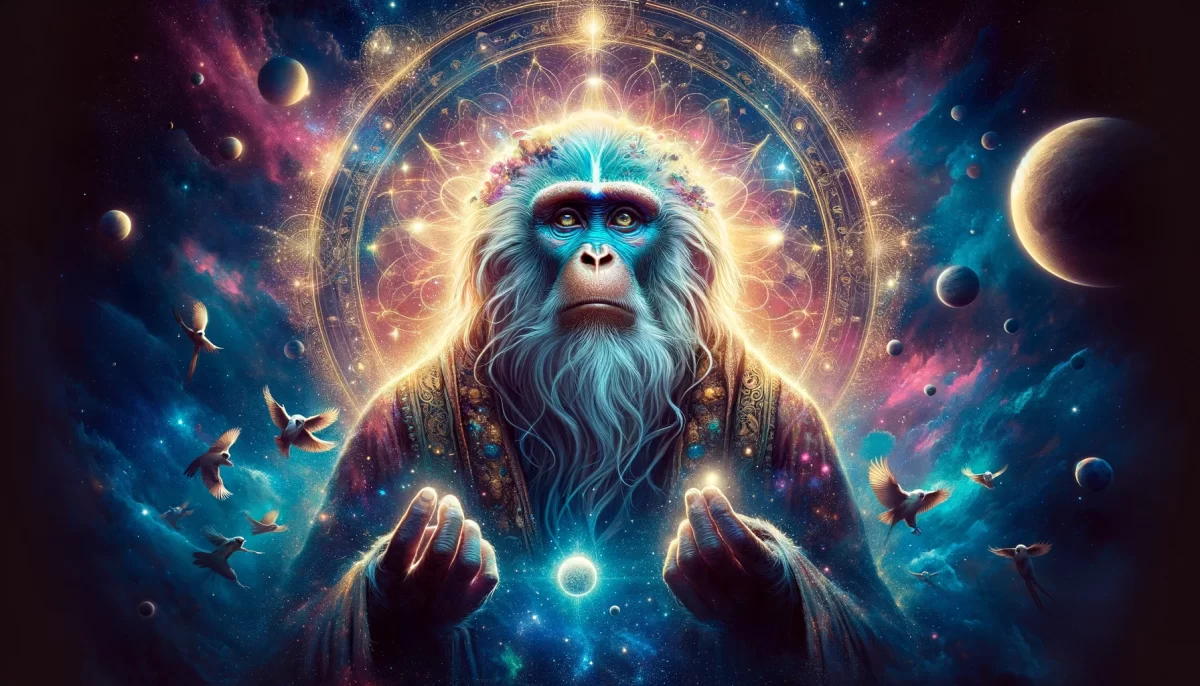
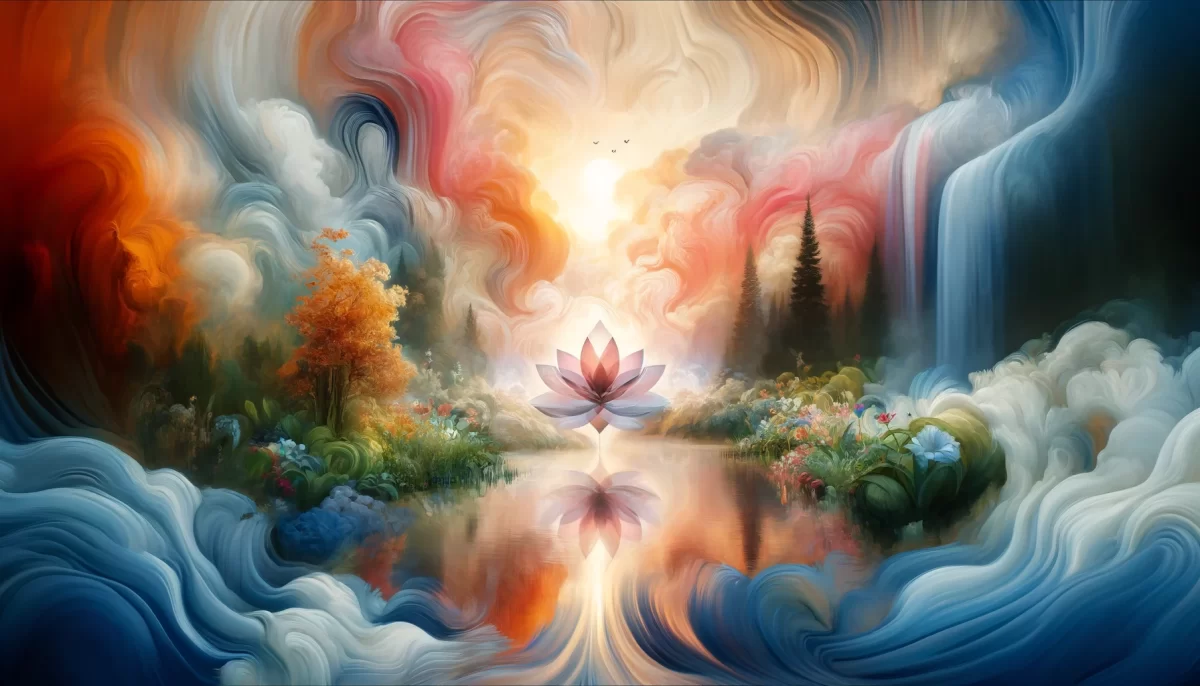
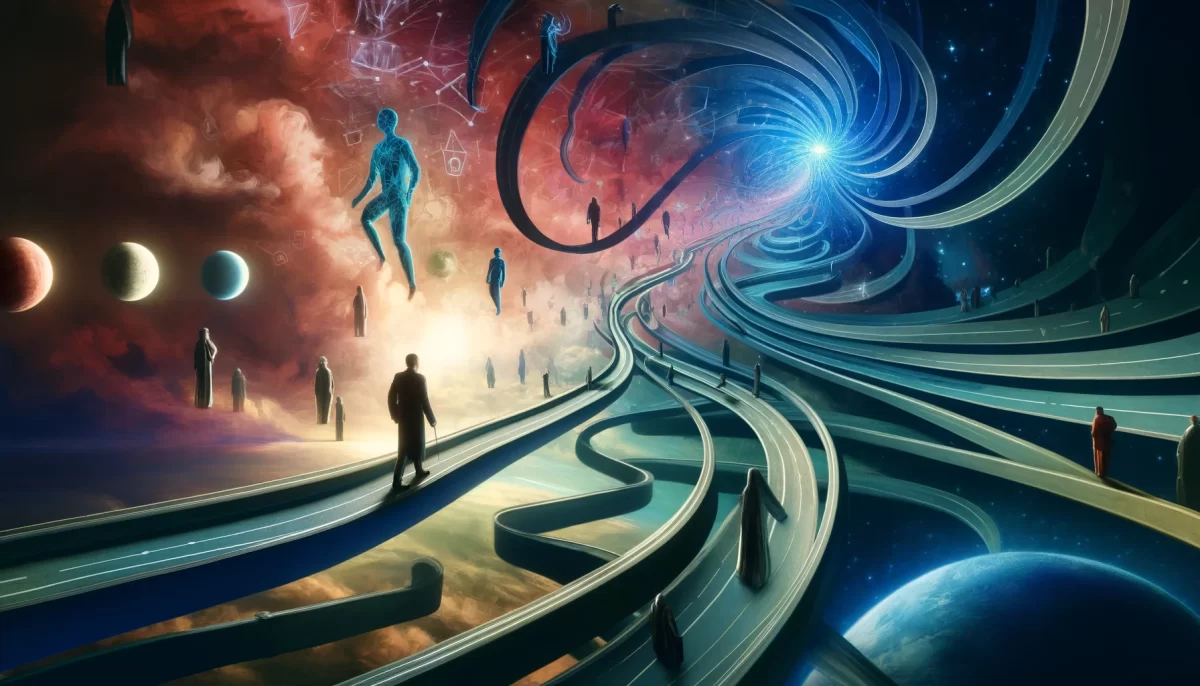
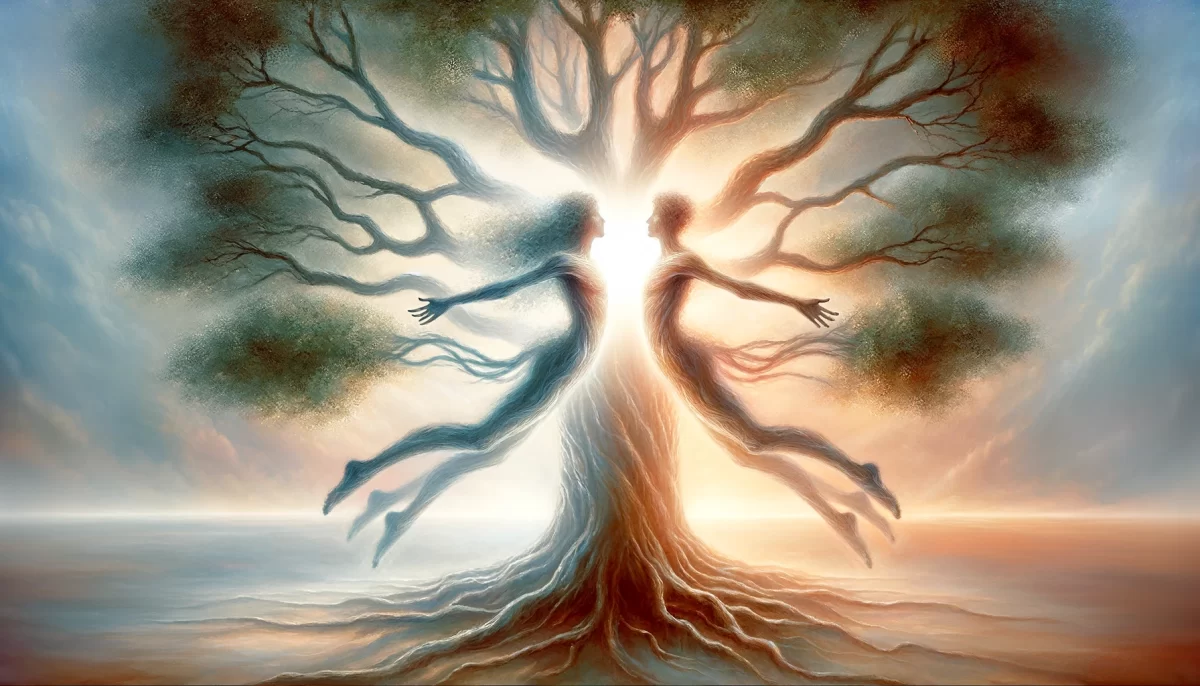
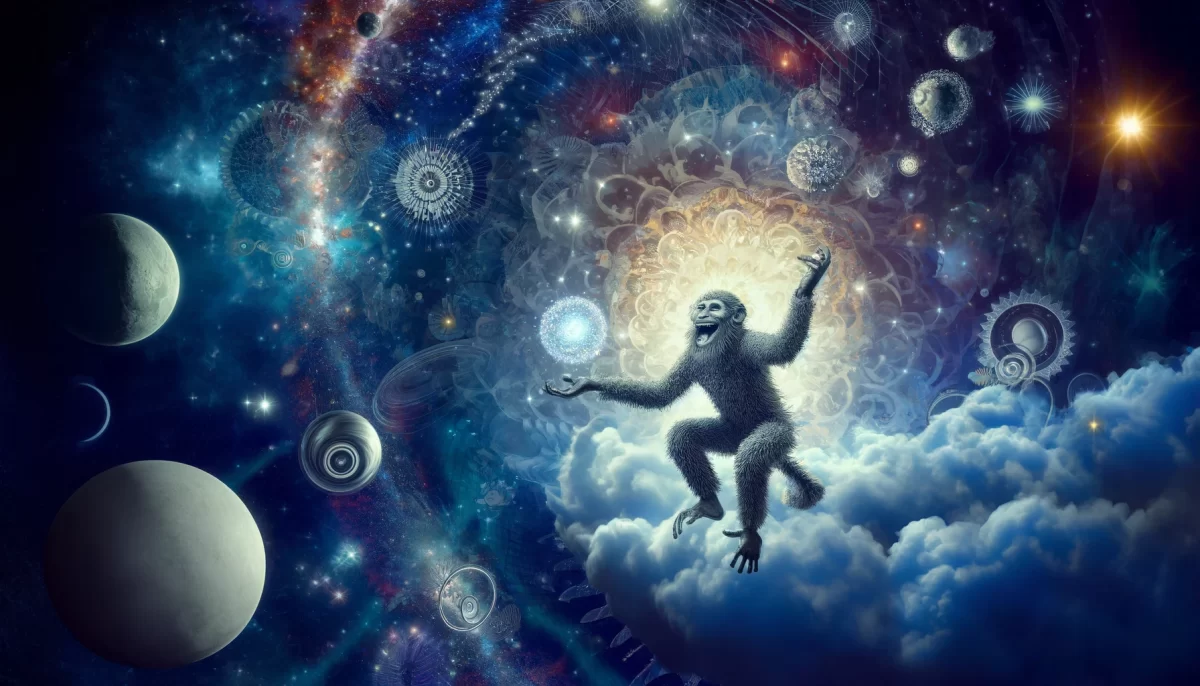
Leave a Reply